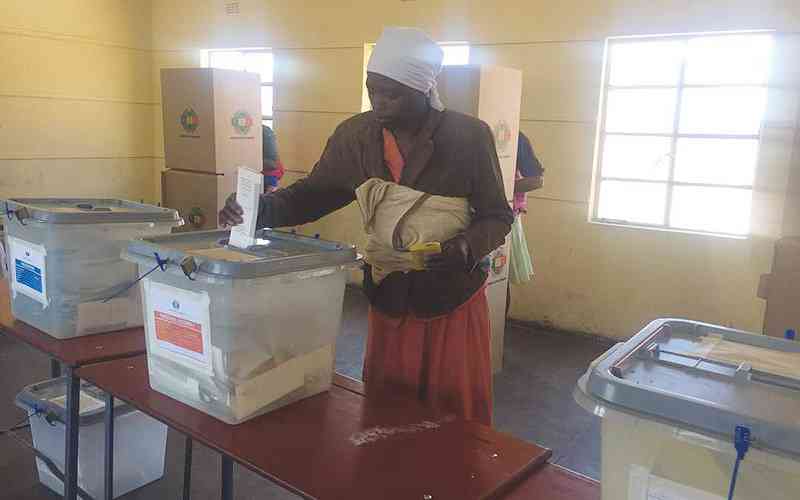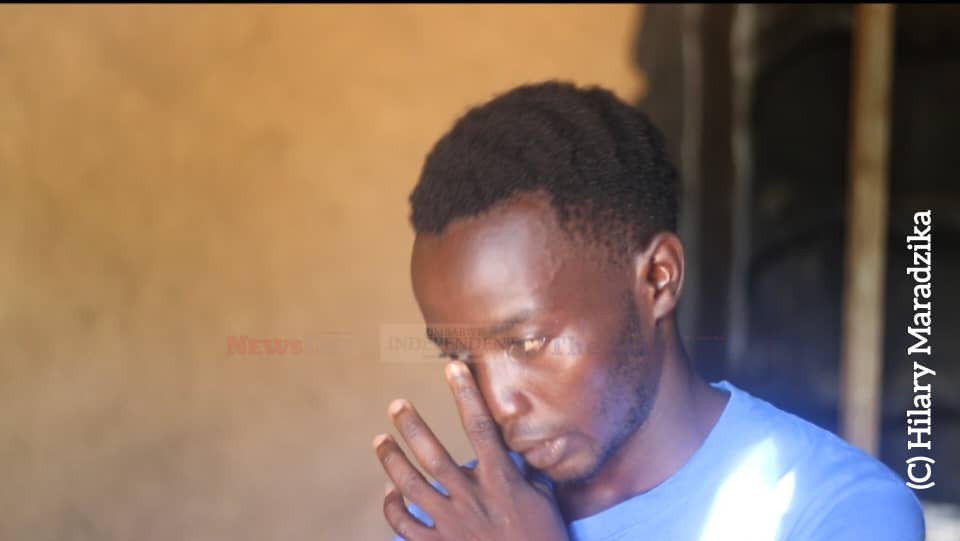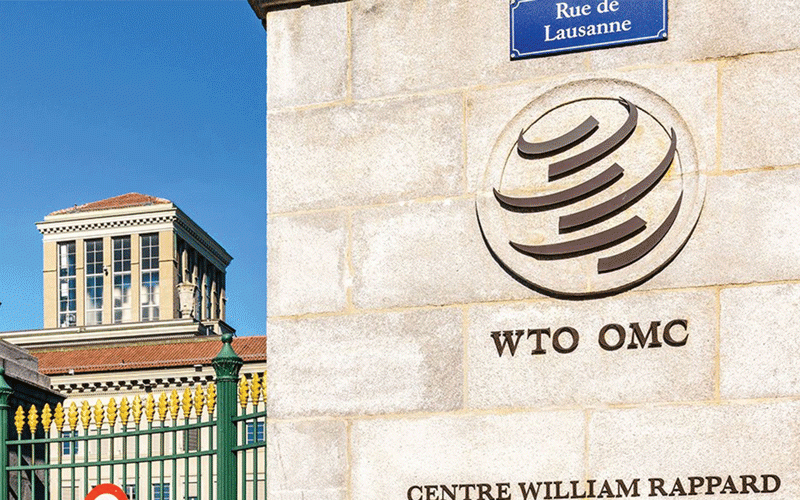
AS the world commemorated International Women’s Day, running under the theme #EmbracingEquality, the Zimbabwe Election Support Network (Zesn) reiterates the call for 50/50 gender parity across the divide to ensure women inclusion in all realms of economic, social and political activities.
The 50-50 representation has remained a figment of imagination in Zimbabwe as women continue to be under represented in politics in spite of the constitutional provisions on women’s rights, gender balance, equality, inclusion and non-discrimination to enhance women’s participation in democratic electoral processes.
Furthermore, Zimbabwe is a state party of regional and international instruments that recognise the need for having women in democratic governance processes and removing all barriers in female participation.
Various instruments like the International Covenant on Civil and Political Rights, the Convention on the Elimination of all Forms of Discrimination against Women, Protocol to the African Charter on Human and Peoples’ Rights on the Rights of Women in Africa (Maputo Protocol); Sadc Protocol on Gender and Development all reiterate the importance of affording women political positions.
These mandate State parties to eliminate all barriers that prevent women from actively participating in the political sphere.
However, although Zimbabwe has ratified these, they have not been domesticated into our laws.
Section 17 states that: “The State must promote full gender balance in Zimbabwean society”, section 56 also states that, “women and men have the right to equal treatment including equal opportunities in political, economic, cultural and social spheres.”
The Electoral Act has been amended to include gender mainstreaming and gender equality in electoral processes, which will in turn increase women participation in politics.
- Fast-track delimitation, Zec urged
- Fast-track delimitation, Zec urged
- Letters: Steep increase in nomination fees has a bearing on democracy
- Watchdogs bemoan falling media freedoms ahead of elections
Keep Reading
However, Zesn has noted that the Electoral Act is not explicit on how this should be done to ensure women are equally represented in political spheres.
Zesn notes that 90% of the candidates for major parties that contested in the 2018 harmonised elections, namely Zanu PF and the Movement for Democratic Change Alliance, respectively, were male.
Out of the 47 political parties that fielded candidates in the National Assembly, only 27 had at least one woman candidate.
Of the 1 652 candidates that contested in the National Assembly, only 243 (14,7%) were female and only 26 were elected versus 29 who were elected in 2013.
Not only is this figure low, but it falls short of the 50-50 regional representation mark.
The proposed Electoral Amendment Bill currently before Parliament provides for the continued election of 60 women in the National Assembly under a party list as required by section 124 of the Constitution.
It also provides for the election of women on a party list basis to provincial councils and local authorities, also in line with section 277(4) of the Constitution.
Zesn, is of the view that, the women’s quota system does not meet the 50\50 prescribed by the Constitutional Amendment No 2 which requires proportional representation of women of not less than 30% at local council level.
The proposed Electoral Amendment Bill does not speak to issues of inclusivity, in particular women with disabilities.
The network is of the view that the quotas in the Bill must expressly reserve some seats for women with disabilities to ensure their equal representation and participation.
Zesn notes with concern the perpetuation of violence against women in elections manifesting in the form of hate speech, name calling and body shaming, cyberbullying and physical violence.
Furthermore, media reportage falls short in bringing to the fore the gender dimensions of elections.
This can be attributed to lack of understanding of the different roles of men and women in the elections, and actions being taken to ensure marginalised group’s participation.
The network thus implores the media to focus on the gender dimensions of elections with a bias towards women to enhance their participation in democratic electoral governance processes.
The network calls for political will on the part of those in power to create an enabling environment for women to fully participate in politics and election processes ahead of the 2023 harmonised elections.
Many women have been shying away from politics due to the toxic and violent political environment that usually characterises elections, hence the need for political parties to shun violence which impedes women participation in elections.
More so, political parties should meet candidate quotas which stipulate a percentage of women on the candidate lists of parties when they submit them to the Zimbabwe Electoral Commission.
Zesn believes that a fully functional democratic system is that which is based on the idea that all those differently affected must be included in decision-making; their voices must be heard, and their interests dully represented.
Women and young girls should identify opportunities for growth within the electoral spaces and participate as candidates, observers, voters and electoral officers among others.
- Viset is a union of informal traders with structures throughout Zimbabwe











